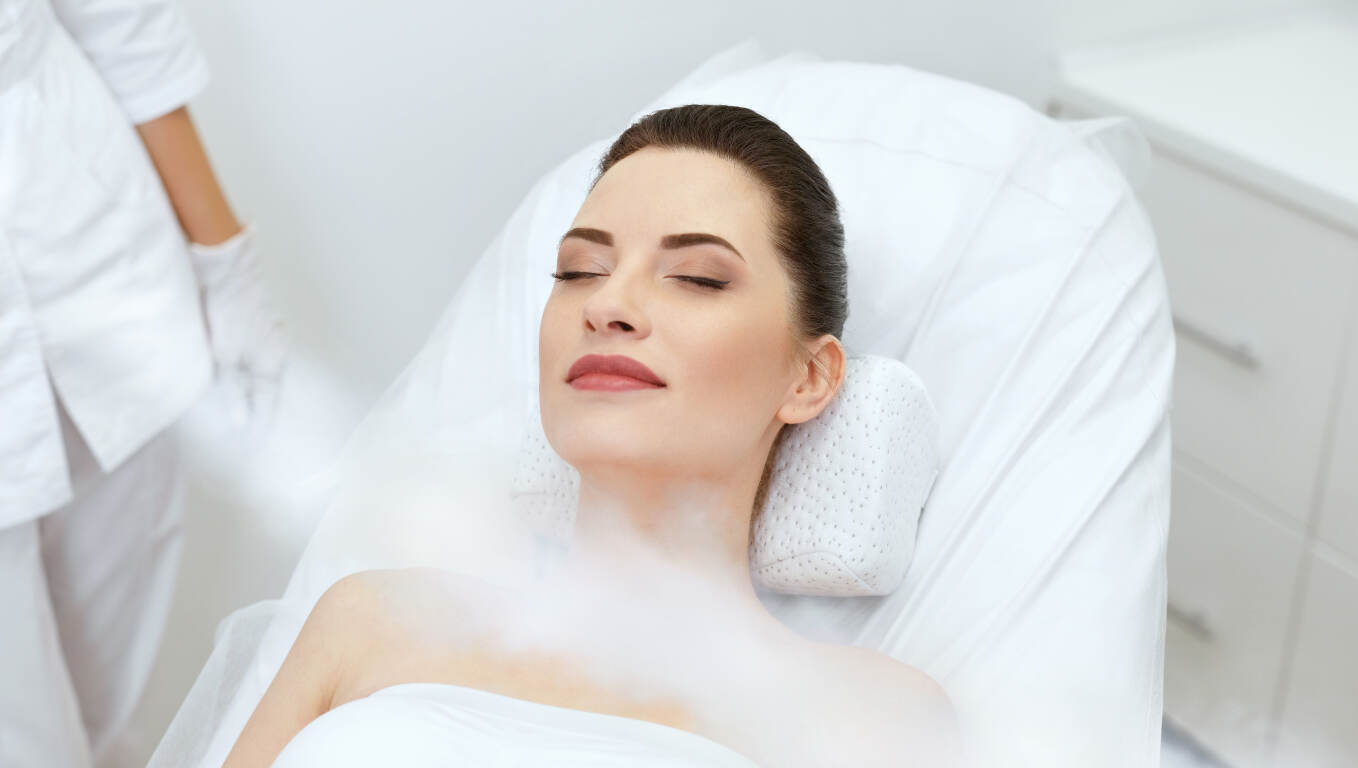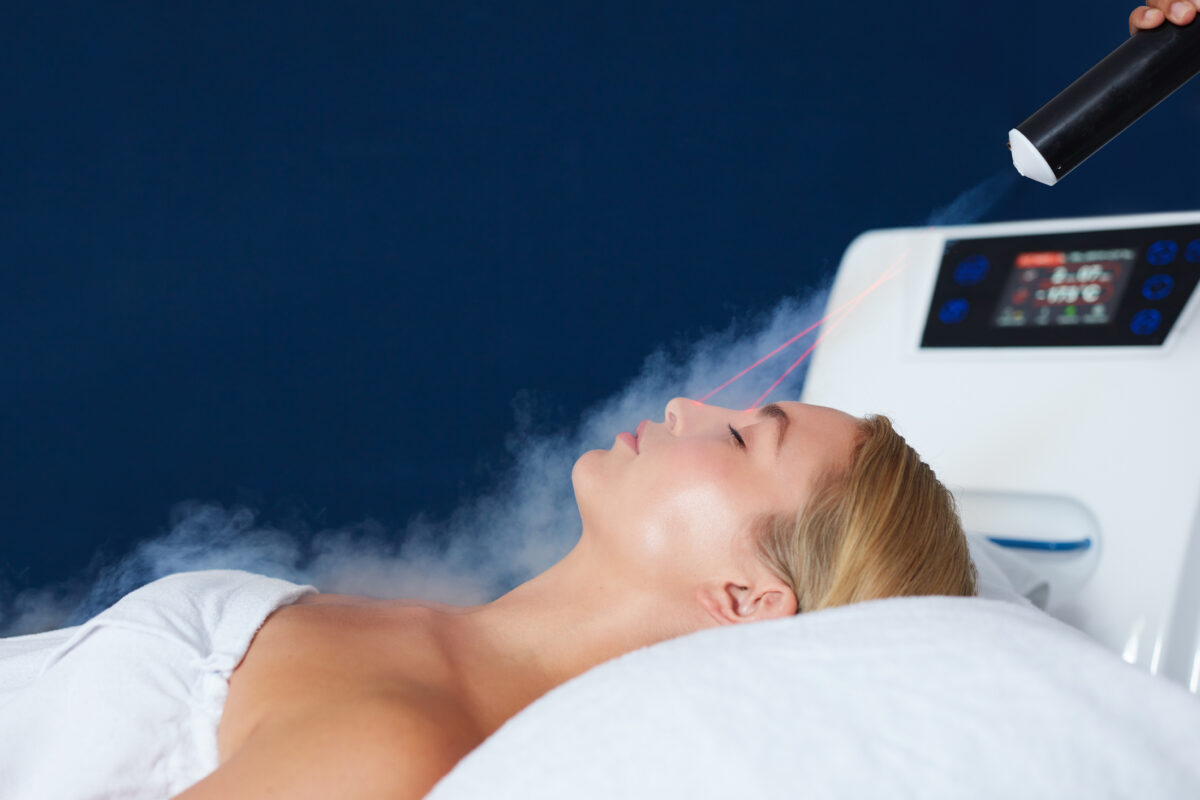When people think of Cryolete’s cryotherapy, they think of our cold chambers, which offer full…

Ease Your Eczema with Cryotherapy
You might think of eczema as annoying. It can be. Eczema is a catch-all term for skin rashes where the skin can be itchy, rough, cracking, or even blister. There are numerous causes of eczema and it can be short-term or a long-term problem. It can range from merely annoying to a serious condition that impacts quality of life.
Eczema is something that many of us will deal with in our lifetimes. It affects more than 31 million people per year, in the U.S. alone. The most susceptible are young children because they have very sensitive skin. However, people who are prone to eczema may be lifelong sufferers. Sensitive skin often remains sensitive. You may have an episode of eczema clear up, only to return months or weeks later.
Depending on the individual, treatment for eczema can range from simple to complex. Some people can use over-the-counter topical creams to get relief. Other treatments include steroids, antibiotics, and prescription creams. They have varying degrees of success for different individuals. However, they do not come without side effects.
Cryotherapy offers a different type of solution. To treat eczema, you can use either localized or full body cryotherapy. We supercool either the local area or the whole body for a short period of time, usually under five minutes. Your body responds to the application of cold by constricting blood vessels That results in an immediate reduction in inflammation. Then, when your skin warms, it sends plenty of oxygen-rich blood rushing to the area. That helps flush toxins from the area. For many people, the result is reduced redness and itchiness in the skin.
Of course, because eczema is such a catch-all term, localized cryotherapy may not be enough to treat it all of the time. Contact dermatitis is itching caused by contact with something that is an allergen or irritant. You can also get it through ingesting something that causes skin irritation. If contact dermatitis is the culprit, you need to reduce exposure to that substance. Other forms of eczema have triggers as well, so learning those triggers can help you eliminate or reduce eczema outbreaks.
Interestingly enough, the treatments for eczema can cause their own conditions. Topical steroids are very effective in treating eczema. However, people can actually experience withdrawal after they stop using that medication. Topical steroid withdrawal can cause a burning sensation, pus-filled bumps, redness, swelling, shedding, and wrinkled or thin skin. Cryotherapy can help reduce the symptoms of topical steroid withdrawal.
Ready to try an innovative new way to tackle your eczema? Contact us today to get started.



